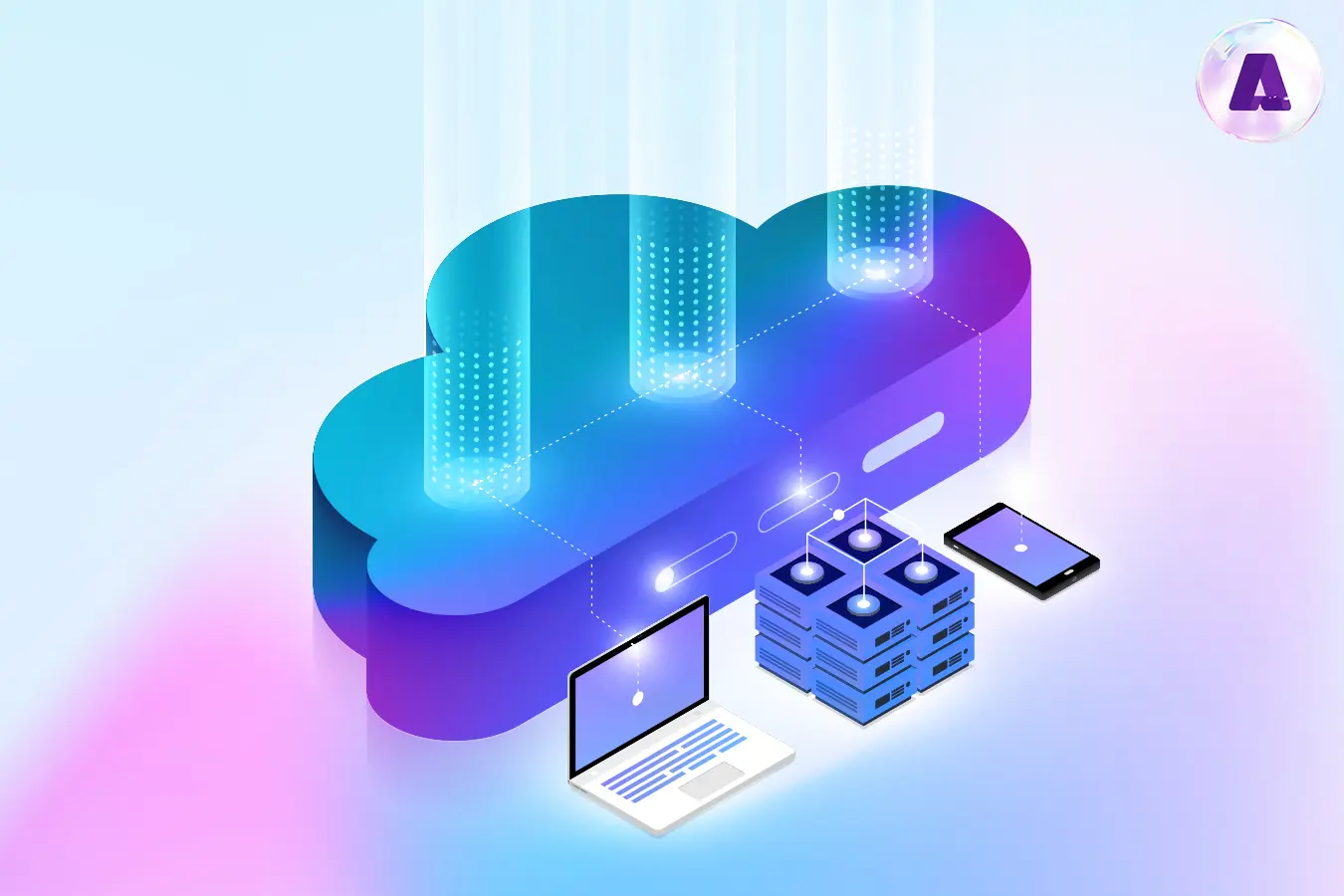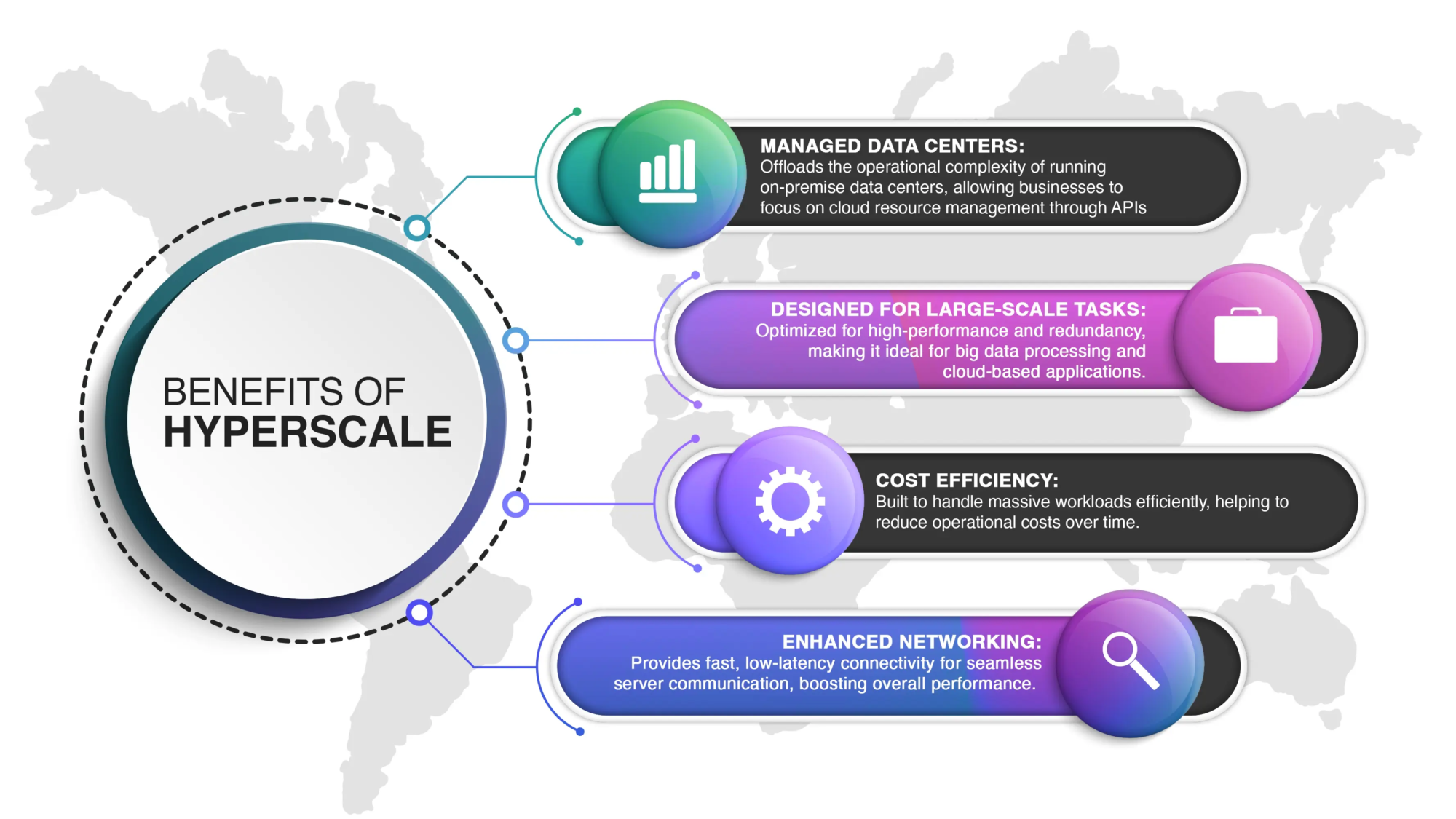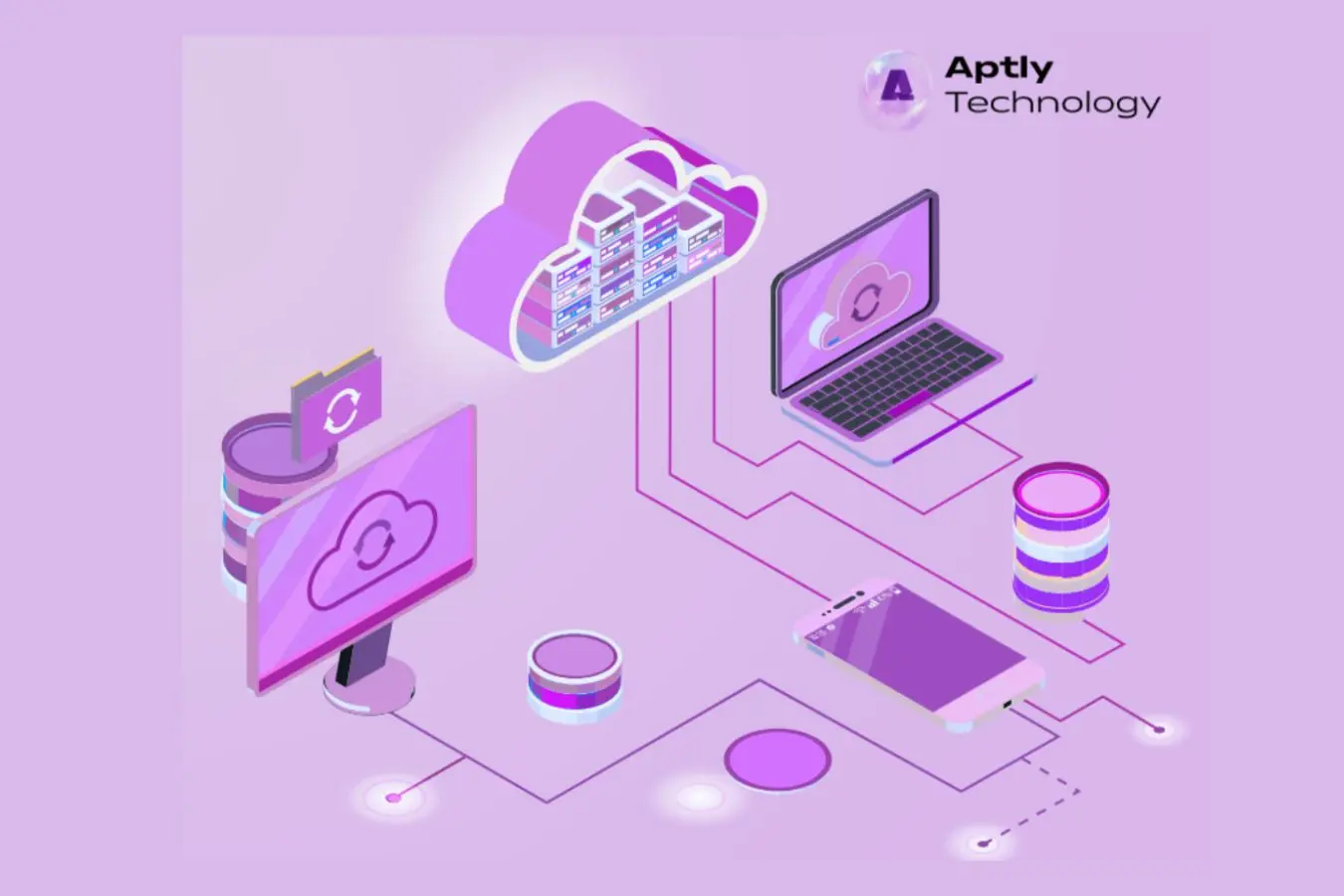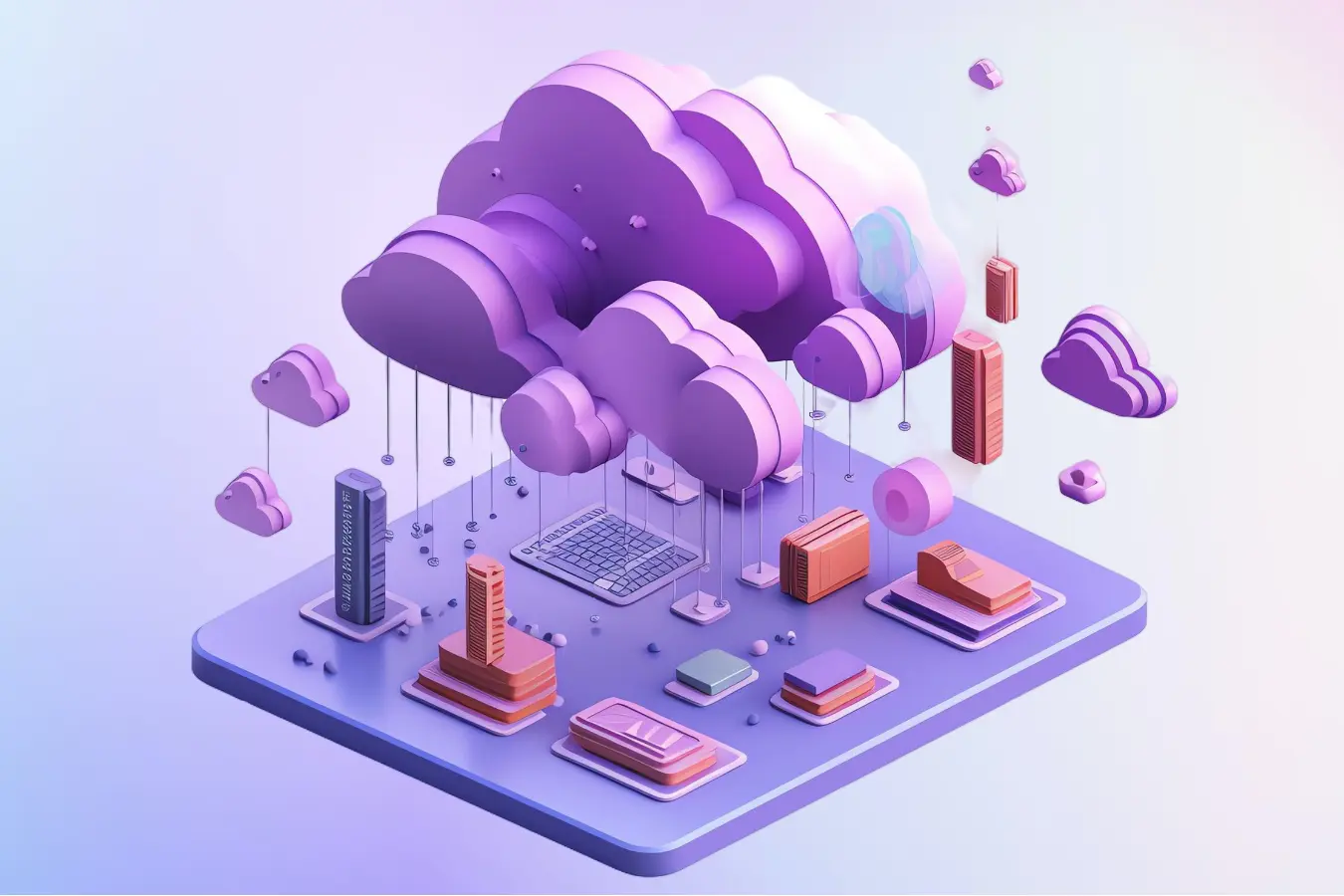
Introduction
Cloud computing has become a fundamental part of today’s digital world. According to g2.com, by 2025, 85% of businesses are expected to adopt a cloud-first strategy, making cloud computing their main infrastructure. With the rapid increase in cloud adoption, the number of cloud providers has grown significantly. However, hyperscaler clouds—offering extensive data center networks and a wide array of services—continue to dominate the market despite the expanding options.
While there are many hyperscale cloud providers available, how do you decide which one is right for your organization? In this blog, we’ll dive into what hyperscalers are and provide an overview of each major hyperscale cloud provider to help guide your decision.
What Are Hyperscalers?
According to Redhat.com, Hyperscalers derive their name from hyperscale computing, a system that scales software architecture as data demands grow. They support enterprise applications and technologies like AI, IoT, machine learning, and big data analytics, by using vast global networks of data centers housing thousands of servers and millions of virtual machines. These scalable infrastructures allow businesses to experiment, innovate, and manage applications like social networks, smart cities, and online banking efficiently. By outsourcing infrastructure management, developers can focus on creating applications, while operations teams focus on innovation rather than maintenance.
Key Points:
- Enterprise flexibility: Hyperscalers support AI, IoT, machine learning, and big data analytics.
- Global infrastructure: Hyperscalers manage vast networks with multiple data centers and millions of virtual machines.
- Scalability and agility: Clients can experiment, build, and innovate while managing costs.
- Developer focus: Outsourcing infrastructure management allows developers to focus on application development and operations teams on innovation.
Benefits of Hyperscale:

Hyperscale Providers in Cloud Infrastructure Market
Hyperscale cloud providers operate on a global scale, leveraging cutting-edge technology and deep expertise in consulting and business solutions. They use these strengths to deliver a wide range of services, such as platform re-architecture, data migration, and application development. By doing so, they position themselves as strategic business partners, offering more than just cloud computing resources.
Amazon Web Services (AWS), Microsoft, and Google are the dominant players in the hyperscale market. They either build their own data centers or collaborate with data center providers to deliver massive computing capacity. Let’s have a look at each of them in detail:
|
|---|
Industry Specific Considerations While Choosing Ideal Hyperscalers Provider
When selecting a cloud provider, consider your industry’s specific needs:
- Compliance Requirements: Industries like healthcare and finance have strict regulations. Azure and AWS offer specialized services for compliance, such as HIPAA and GDPR. While GCP is slightly behind, it still has solid compliance frameworks for tech-focused sectors.
- Avoiding Vendor Lock-In:
- Multi-Cloud Strategies: Utilize multiple cloud providers to reduce dependency.
- Open Standards: Use tools like Kubernetes and Terraform for easier migration.
- Data Egress Costs: Be mindful of the expenses related to transferring data out of a cloud provider.
3. Migrating Applications: Assess whether applications can be migrated as-is or need rearchitecting for cloud optimization. Some may benefit from redesigning to leverage cloud capabilities, while others can be moved with minimal changes.
4. Support and Community: The support ecosystem plays a crucial role in your cloud experience:
- Support Structures: AWS offers premium plans, Azure has extensive documentation and forums, while GCP provides dedicated customer success services.
- Community Ecosystem: A strong partner network enhances resources and support for maximizing cloud investments.
5. Long-Term Strategy and Innovation: Consider not just current needs but also your future direction:
- AI and Machine Learning: GCP leads in AI and ML innovation, but AWS and Azure are also investing heavily, making them viable long-term partners.
- Futureproofing: Assess how each provider aligns with your long-term goals, including emerging technologies like quantum and edge computing.
- Regional Data Sovereignty: Ensure data remains compliant with local regulations, evaluating each provider’s global infrastructure.
Amongst The Big Three Hyperscale Providers Which One to Choose?
- AWS: Focuses on cost efficiency, boosting employee productivity, enhancing operational resilience, and improving business agility.
- Azure: Offers top-tier security with the most extensive compliance coverage of any cloud provider, while providing lower costs than AWS.
- Google Cloud: Delivers a unified data foundation to manage all workloads and lifecycle data. It also heavily invests in multicloud technologies, supporting customers in transitioning workloads across different clouds.
Choosing the right hyperscale provider depends on your business needs, but with distinct advantages, all three can significantly enhance operations and drive innovation.
Conclusion
Selecting the right hyperscale cloud provider is key to aligning your technology with business goals. Consider compliance, industry-specific needs, and growth potential. Each provider—AWS, Azure, GCP—offers unique strengths, from scalability to security and cost models, helping you make an informed decision that supports both immediate operations and long-term innovation. The right partner is essential to effectively execute these services and maximize your cloud potential.
Aptly Technology is your ideal partner for cloud infrastructure services. Connect with us today to unlock the full potential of your cloud strategy!





